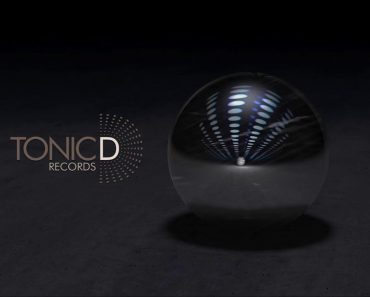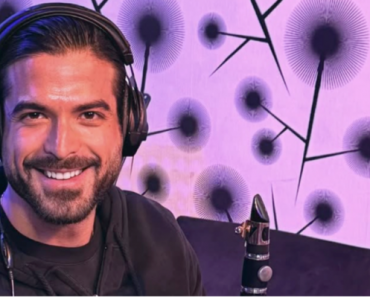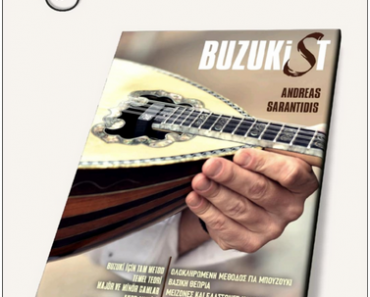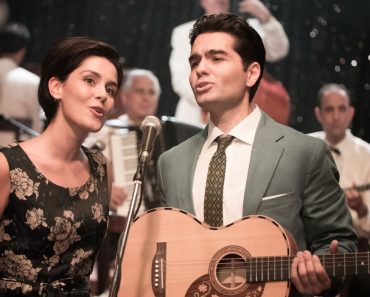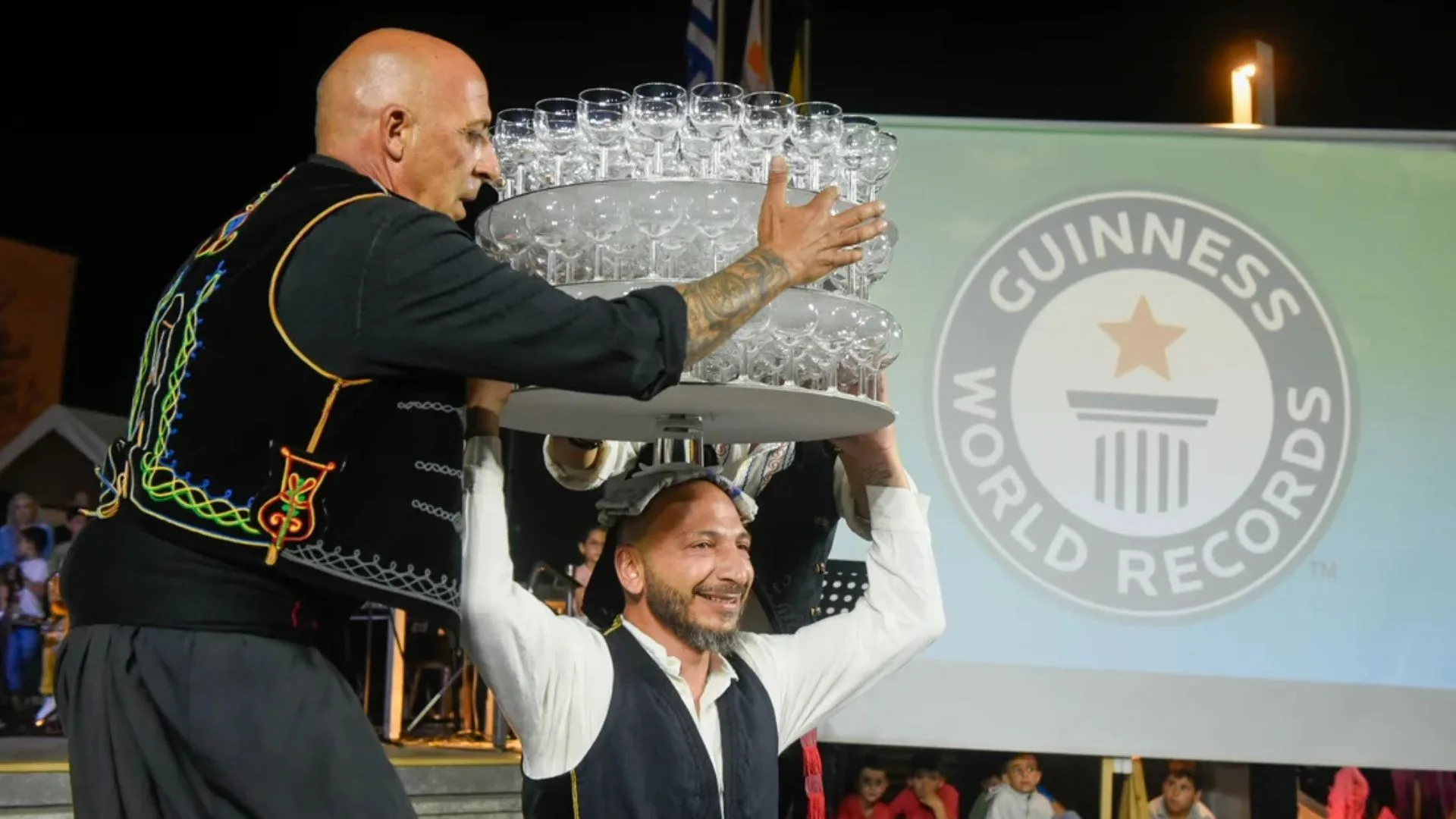Being Greek Australian today can mean different things to those born in Australia and those who recently arrived from Greece.
While tradition helps keep the Hellenic culture alive, young people bring fresh perspectives, which could help revitalise the Greek Australian community.
Sophia Zavlagkas, who moved to South Australia from Athens six years ago, is passionate about harnessing the younger generation’s energy to drive this push for change.
“The biggest thing is being open-minded and not expecting people to fit into a set idea of what being Greek is,” she told Neos Kosmos.

Adapting to change
Leaving everything you know behind and moving to a new country is never easy – especially at sixteen.
For Zavlagkas, it brought new opportunities but also came at a cost.
“The first year of me moving here, my screen time was nearly 11 hours a day because I would spend all my time staying connected with my friends in Greece and my family in Greece.”
At times, she would even “stay up all night just to be awake” during the day in Greece.
“It was quite unhealthy … that affected my schooling and my ability to make relationships in Australia,” she admitted.
While a fresh start holds promise, there’s always a part of you that misses what you had to let go.
Change isn’t easy and settling into something new takes time.
“It took me a while until I actually pursued the Greek community in Australia, and you know, reintroduce myself to Greek people and Greek culture because as a survival tactic and technique for me to be able to stay present, I had to leave all that behind for a little while.”

Navigating identity
Zavlagkas got a taste of the Greek Australian community at a “really Greek” high school in Adelaide.
“I quickly realised that I did not fit in with the Greek kids.”
As a young teenager, influenced by Western music, she “felt different” from her peers who listened and danced to Greek songs.
Strong opinions about her “Greekness” from fellow students made her feel “othered.”
“If anything, that had a bit more of an antagonistic stance on me questioning me, you know, not acting Greek like your accent is not Greek,” she said.
Rather than letting negative comments get to her, Zavlagkas found inspiration in Greek Australian role models like Chanel Contos, a sexual consent activist.

“In Year 12 I was part of an initiative with some other girls where we wanted to raise awareness about sexual abuse in schools and advocate for better consent education.”
Last year, the 21-year-old graduated from the University of South Australia with a degree in Visual Communication.
Although Zavlagkas loves going back to Greece to see her “favourite people,” she now feels “very fortunate” to have “made the move” to Australia.
Had she stayed, she admits, she “definitely would not have a creative career.”
Earlier this year she was honoured with South Australia’s Citizen of the Year Award for Leadership in Languages and Cultures.

Neoléa
Joining Neoléa – an initiative that helps young Greek Australians explore and connect with their Hellenic culture – was a pivotal moment for Zavlagkas.
“It’s been amazing. It’s been borderline awakening, to be honest with you,” she said.
Led by young professionals and creatives, Neoléa connects youth with Greek organisations through events and online platforms.
“We really tried to create a space for people to be able to express their culture and contribute into the greater conversation about Greek heritage, however they’re able to.”
A key example is ‘The Syllogo initiative’, a collaboration project with local Greek clubs and associations through which Neoléa run cooking workshops.
“It’s been really successful in the sense that it’s connected generations together and we’ve had a lot of young people join in.”

Expanding the conversation of what it means to be Greek
Zavlagkas noticed a difference in how Greek Australians born here expressed their Hellenic identity compared to newcomers from Greece.
“A lot of new migrants are more career focused, career education focused and practising Greek traditions is not top of their agenda because they have bigger fish to fry, you know, find a job, place to live.”
She highlighted the rich diversity among Hellenes, marked by “wide range of values, beliefs, and backgrounds.”
“We need to be encouraged to contribute to the greater conversation of what it means to be Greek, what it means to be Greek Australian.”

“It needs revival”
Although Zavlagkas understands the importance of preserving tradition, she also sees the value in looking at things “from a creative lens.”
“I’m so grateful that people have gone through the effort of preserving Greek culture … And that’s definitely a bonus. And we’re so privileged that we have that, but it needs revival.”
She said a good way to achieve that is to “create opportunities where we can involve ourselves more casually.”
One example, she said, is Neolea’s one-off events that brings the community together through a shared creative interest.
Zavlagkas believes in “encouraging creativity and breaking out of the mould of what is perceived to be a Greek Australian.”
“If the conversation doesn’t expand, evolve, and continue, it’s just going to die off.”
She said while there are many “incredible Greek Australian artists” who express their Greekness “uniquely and beautifully,” they often “work alone.”
“I think they need to be encouraged to be involved in the mainstream events as well. You know, get an artist for the festivals, engage a great graphic designer to create cool stuff, or, like live artwork, music, whatever it is. I think a lot of it stems from reaching out to young people.”

The evolving nature of Greek Australian identity
So, what does it really mean to be a Greek Australian today?
“I think it constantly shifts and evolves. I think it’s model, it’s about you reflecting, exploring and learning more about Greek culture and developing your relationship with Greece.
“It’s about learning the language and the culture and the traditions and see how being Greek is reflected on who you are and who your family is.
“It’s self-exploration, it’s the community exploration. It’s a constant work. It’s a relationship.”



